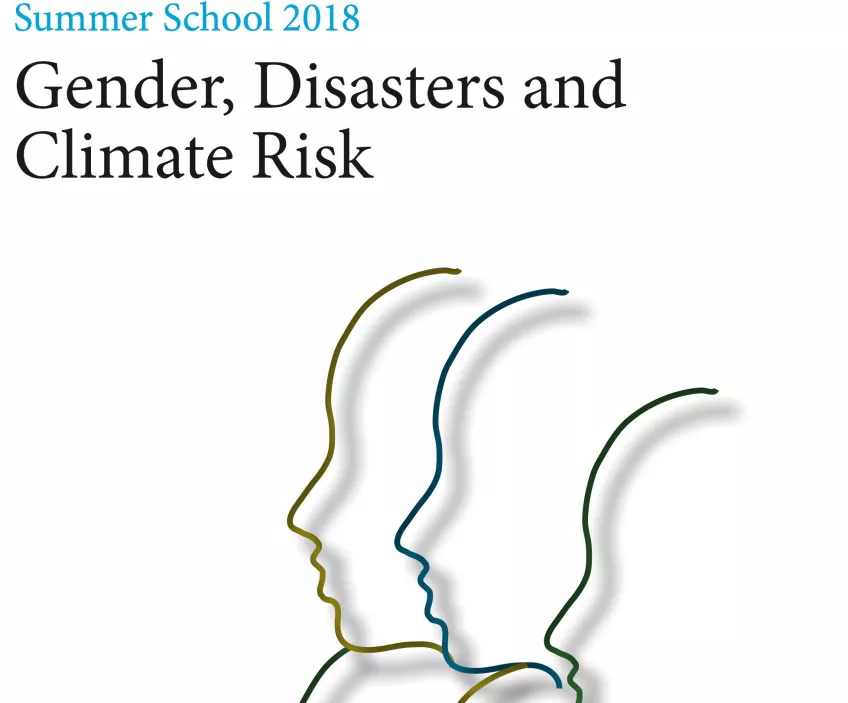With risks posed by extreme weather events and climate-induced disasters placed on top spots on the list of Global risks, achieving well-being and security for all becomes a challenge. The challenge arises due to the differential needs and interests, unequal capacities of individuals and groups to fulfil these needs and interests, both pre-and post-disaster phase. One of the major factors, influencing unequal capacities is constraints (availability and access) dictated by gender relations, roles and responsibilities.
Disaster is not one singular event but a process rooted in vulnerability. This vulnerability process is highly political with unequal impacts over time, space and scale. In other words, disasters are produced from and produce discriminatory practices. Addressing gender issues becomes indispensable in this context, to identify the root causes and deal with unequal impacts of disasters. Although gender is increasingly recognised in policy circles, the approach must go beyond homogenous categorisation of women as ‘vulnerable’ or ‘virtuous’. Additionally, gender issues in disasters risk must not be limited to women alone. Questions of how inequalities produce disasters need to be answered to get to the root cause, much of which has to do with power inequalities situated in different contexts.
How sex, gender and sexuality is framed in disaster risk reduction and climate change adaptation in the global North and South? How gender is integrated into the planning, design, implementation and evaluation of the project. In what way climate change adaptation and disaster risk reduction are constructed and defined by those in positions of power that can shift according to context?
The international PhD Summer School on ‘Gender, Disaster and Climate risk’ considers such questions of conceptual and empirical linkages between power relations and vulnerabilities. It provides a platform for researchers and practitioners to come together and discuss the topic in greater depth. The peer learning component of the summer school will offer multiple feedback to each of the participant’s work and contribute towards enhancing its quality.
Deadline for application through email is July 31st, 2018.
For more information and application procedure see:
